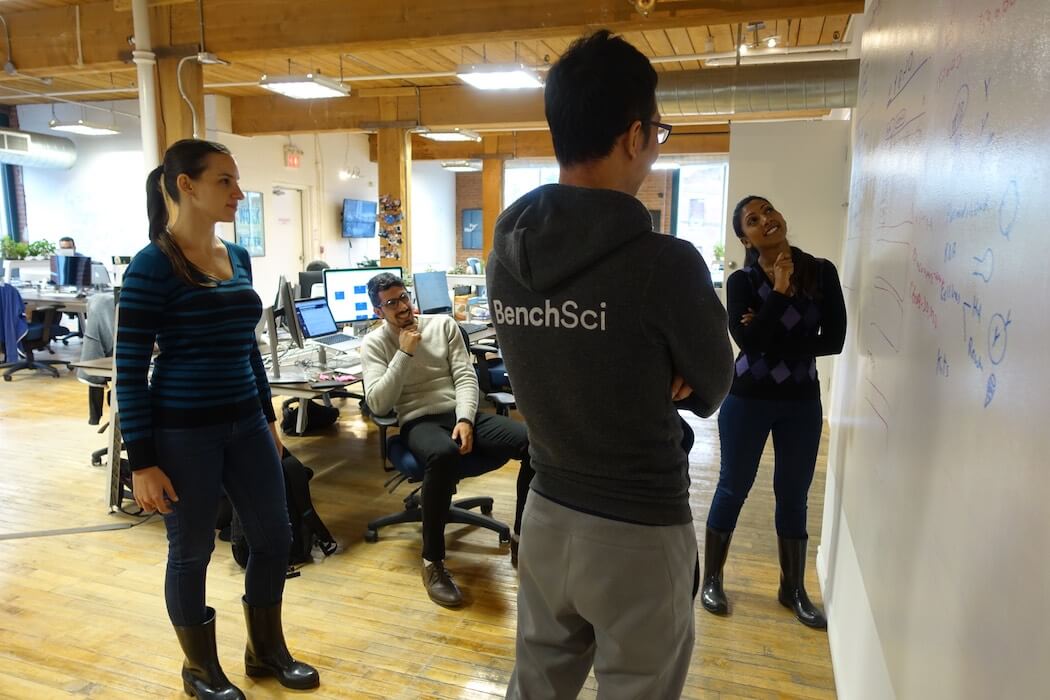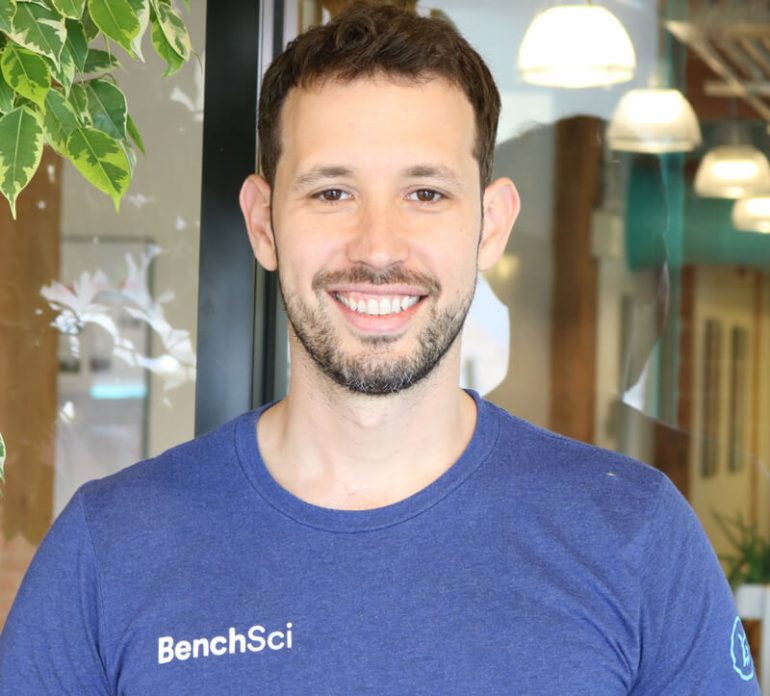As a startup CEO and co-founder, your drive and passion help you convey a vision in such a compelling way that audiences do irrational things. Investors write you multimillion-dollar cheques for a business idea with limited validation. Employees leave safe jobs and take big pay cuts to join a risky venture. Customers take a chance on an unproven solution.
This is the upside of drive and passion, the so-called reality distortion field. But when you care so deeply, there are also downsides. For a CEO and co-founder, the responsibility for the wellbeing, livelihood, and success of hundreds of employees, customers, and investors takes an emotional toll. The toll grows with your success.
Yet, while the startup community celebrates CEO characteristics that drive success, we rarely talk about the sacrifices made and the emotional burdens borne by leaders at all levels in new, fast-growing companies.
I think it’s time this changed. I’m sharing my story in the hope that the community recognizes the importance of mental health to startup success. In my opinion, every startup founder, leader, and team needs counselling and the current pandemic has made this an even more urgent priority.
Growing pressure overrode my skepticism
For me, April 2018 was the turning point. The emotional toll reached a new level after BenchSci closed its $10 million Series A round. This round included Gradient Ventures, Google’s AI fund, as an investor. Since it was Google’s first AI investment in Canada, we were featured in The Globe and Mail and on a CBC TV segment. We were in the spotlight. The pressure was on.
I’m sharing my story in the hope that the community recognizes the importance of mental health to startup success.
I had never experienced this kind of pressure and didn’t know where to turn. I come from a culture where we literally soldier on. I served as a commander in the Israeli army for three years.
Apart from Shopify, whose entire management team sees a coach, few people in the Canadian startup ecosystem openly talk about getting counselling.
And, to be honest, I’m skeptical of ‘coaching’ within this context. I’m married to someone with a PhD in clinical psychology. It’s hard for me to understand how someone who took a two-year coaching course can help me develop the capacity to manage the growing expectations of a hyper-growth startup.
At the same time, I didn’t believe that a psychologist would understand how much founders are invested in their company’s success. I didn’t want to hear “it’s just a job,” because, for me, it isn’t.
Then, one of our investors introduced me to an awesome hybrid: a clinical psychologist and executive coach focused on entrepreneurs like me.
Mental health support transformed my leadership
In the summer of 2018, I got an email from an investor with the subject ‘Private Founder Dinner Toronto Invite.’ The email described ‘Founder Wellness Dinners,’ a series that brings together top executive coaches to host, educate, and mediate groups of entrepreneurs on transitioning “from being a great founder to a global leader.”
I thought the universe was sending me a message. So I decided to go.

That decision made a deep impact on both my professional and personal life.
The dinner was led by Kari Sulenes, who has a clinical psychology doctorate and is an executive coach who works only with entrepreneurs and senior executives. At dinner, I met 10 other founders of companies ranging from pre-seed to Series B. What happened next was unexpected.
The media often depicts founders and CEOs (think Steve Jobs and Elon Musk, for example) as bulldozers who are immune to negative emotions. But this dinner felt like a support group for founders by founders. I learned that founder depression, imposter syndrome, guilt for barely spending time with your family, anxiety about dealing with the unknown, high levels of stress, and constant chest pains, are very common.
After dinner, Kari and I connected and started working together. The process included weekly one-on-one discussions on how things were going, interviews with my entire team to collect feedback about me, and the completion of a Facet5 personality assessment.
Through this process, I learned that many of our decisions come from fear of failure and that to achieve unimaginable success we must change this.
Everyone deserves counselling
My team immediately noticed a positive change after I started working with Kari. To my surprise, they asked to meet with her as well. Many people forget that CEO isn’t the only high-stress position in an organization. The need to meet expectations, support your team, and to excel in your role, impacts everyone in a company. As you scale, you learn that the only way your company can be successful is to hire the right people and set them up for success.
So, today, Kari works part-time at BenchSci as an in-house coach. She has monthly one-on-one sessions with our leadership team and all people managers. She also runs groups to support non-managerial influencers. And she’s developing a mindfulness program for the company, including regular facilitated mindfulness sessions.
With the current pandemic, Kari has also developed material to support our team in coping with the crisis and working from home, and we’ve expanded her availability. Bringing Kari aboard has been, by far, one of the best decisions I have made as BenchSci’s CEO, and the feedback has been remarkable.

Furthermore, when I shared the news with my investors, they were extremely supportive. They asked for Kari’s contact so they could refer her to the rest of their portfolio companies. There is growing recognition of the value such counselling can bring.
Today, I understand that as CEO, getting counselling isn’t a weakness, but a strength. The stronger my capacity to manage my emotions and mental health, and the better my ability to cope with growing demands, the more I can give to our company and team. This includes developing ‘soft skills’ that business leaders of the past may have neglected and extending these benefits to our entire company. Our people need the right support system to enable them to lead from a place of trust and not fear. They need support to develop the emotional capacity needed to navigate the unknown startup journey.
By writing this I hope to increase awareness of the emotional challenges startup founders and leaders face, and to encourage them to build the right support systems around them.
I believe it’s our obligation as leaders to better serve our employees and create the healthiest environments for our teams to flourish and feel excited to come to work. There is no growth without stress, but we can do better than just endure it. With the right help, we can use it as a catalyst to be better leaders.
Images courtesy BenchSci


